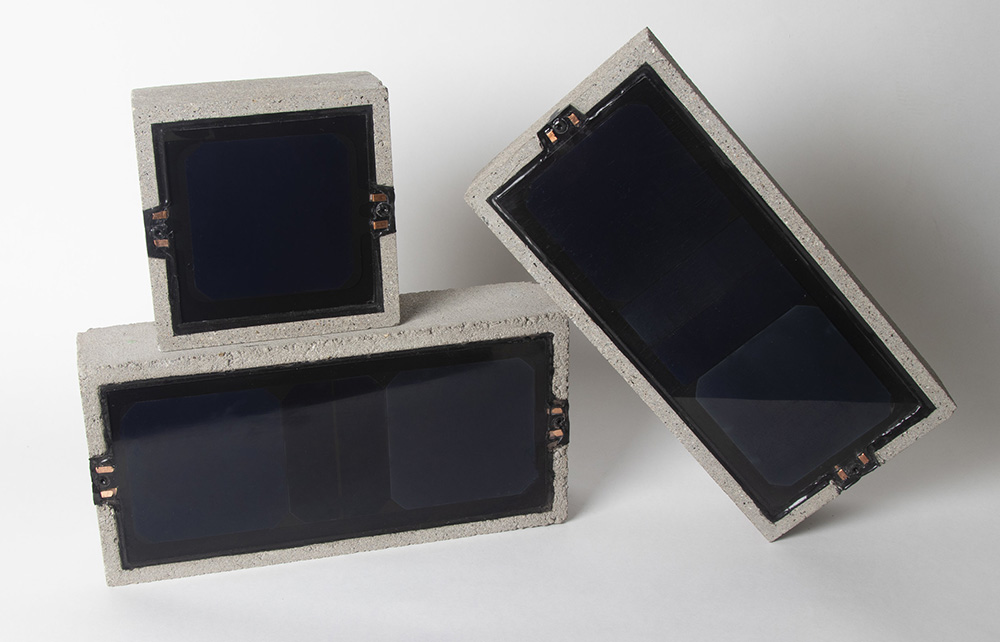enVerid Systems’ HLR boosts energy efficiency to reduce emissions while saving on expenses
Boston, MA With the building sector responsible for nearly 48% of all energy consumption in the U.S. and global warming the subject of heated national discourse, commercial building developers are under growing pressure to make a difficult choice – produce the best possible financial outcomes, or increase their building costs to boost energy efficiency and reduce carbon emissions.
However, what if these decision-makers didn’t have to choose between one or the other – and they could save money, use less energy, and reduce their carbon footprint at the same time? Technologies such as enVerid Systems, Inc.’s HVAC Load Reduction (HLR) module are doing just that – reducing the required capacity of HVAC systems and their related costs so that the incremental cost of adding this technology is zero, or even negative.
HLR technology, designed to reduce indoor air contaminants such as carbon dioxide (CO2), aldehydes and volatile organic compounds (VOCs), has been helping global organizations reduce their energy usage and related expenses, too. Instead of the traditional process of replacing the entire volume of a building’s indoor air every one to two hours, HLR modules clean and recycle existing indoor air. This enables a 60 to 80% reduction in required outside air intake, and a decrease in cooling and heating energy consumption of 20 to 30% (up to 40% in peak periods). The resulting cost savings comes from reduced energy usage, as well as lower initial capital expenses.
“Traditionally, higher building energy efficiency means higher initial cost, whereas solutions like HLR technology are turning this on its head,” said Dr. Udi Meirav, founder and CEO, enVerid Systems. “With HLR technology, building owners and developers do not have to choose between saving money and saving the environment.”
A major university in Florida, for example, was faced with higher than desired energy costs and a commitment to high air quality and comfort. Using HLR technology enabled them to see a 41% peak capacity reduction, 28% average reduction in total HVAC energy consumption, and overall better indoor air quality and comfort.
Innovations like the HLR system are adding to other financial benefits of high-performing buildings, which are now being sold at a premium.
In fact, the average green building is worth 7 percent more than its traditional counterpart, and is 14 percent less costly to operate, according to the World Green Building Trends 2016 Smart Market Report. In addition, the HLR system is eligible for local utility rebate programs and companies can earn as many as 17 LEED points – over 40 percent of the points required to receive LEED certification – merely from implementing HLR technology with an indoor air quality assessment.
In looking to transform the building environment to be more energy-efficient and climate-friendly, building owners, developers and facilities managers are able to keep their bottom line healthy, and contribute to a more sustainable environment. Innovative solutions are allowing these decision-makers to achieve savings now and in the long term, while playing a significant role in reducing the threat of global climate change.
enVerid Systems, Inc. is committed to improving energy efficiency and indoor air quality in buildings worldwide through its innovative HVAC Load Reduction (HLR) solutions. Awarded the prestigious 2017 BUILDINGS Money-Saving Product Award and the 2016 R&D 100 Award, enVerid is the only solution that helps commercial, educational and government buildings remove carbon dioxide (CO2), aldehydes, volatile organic compounds (VOCs) and particulate matter (PM2.5) from indoor air, reducing the outside air intake required for ventilation. enVerid’s HLR technology is ASHRAE-compliant and has been recognized by the U.S. Department of Energy, the U.S. General Services Administration’s Green Proving Ground Program, and the U.S. Green Building Council.
Bridgeport implements energy efficiency plan with utility partners and regional business council








.png)
